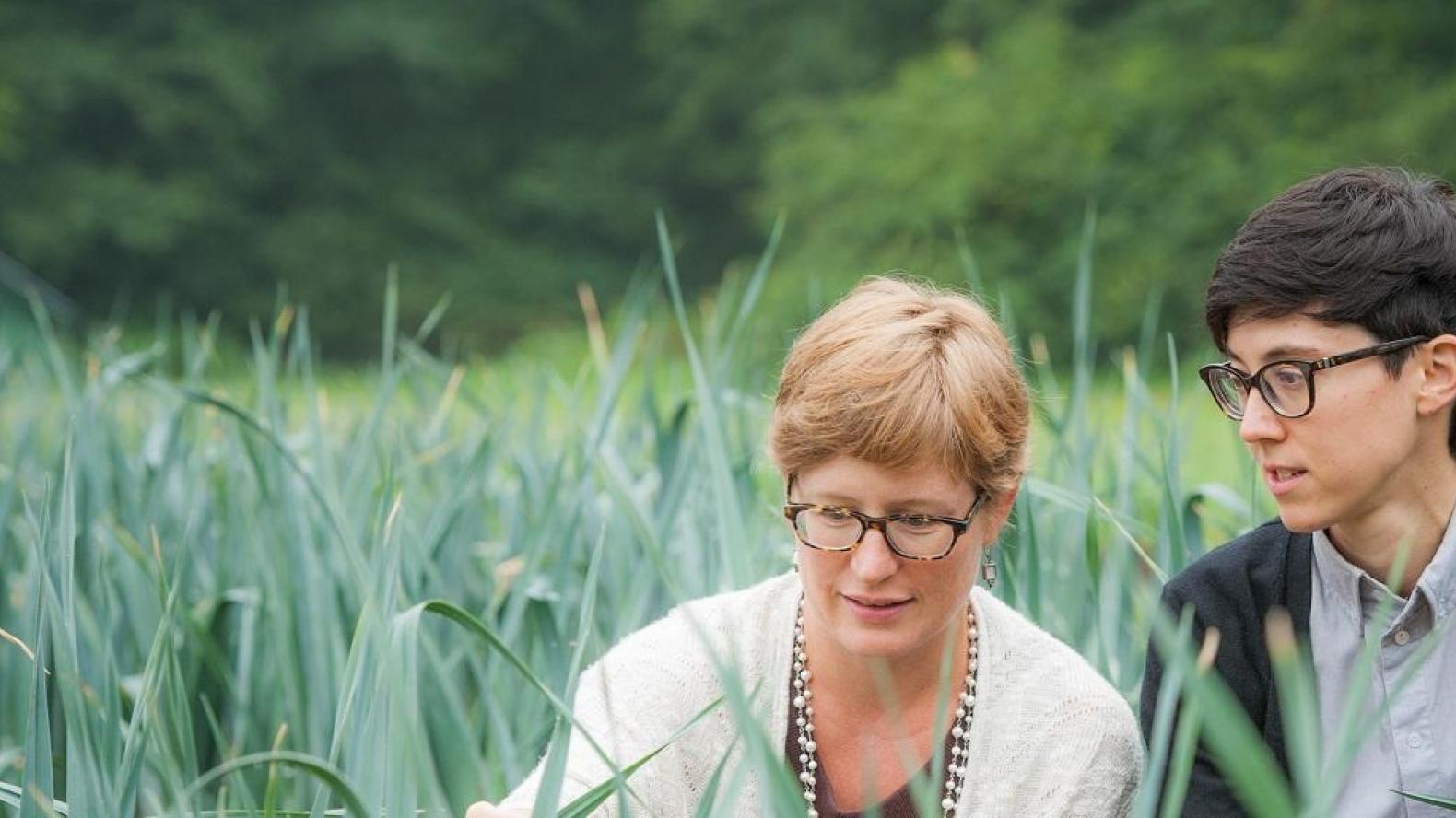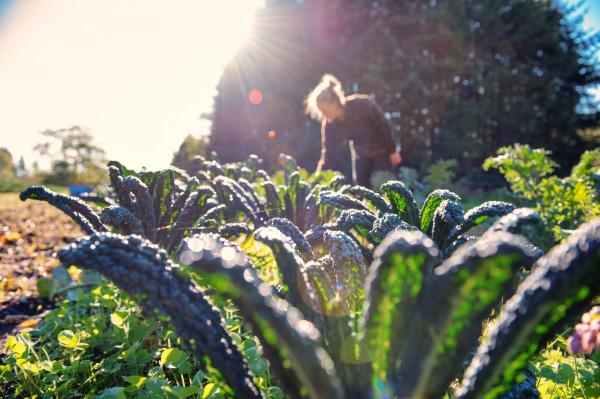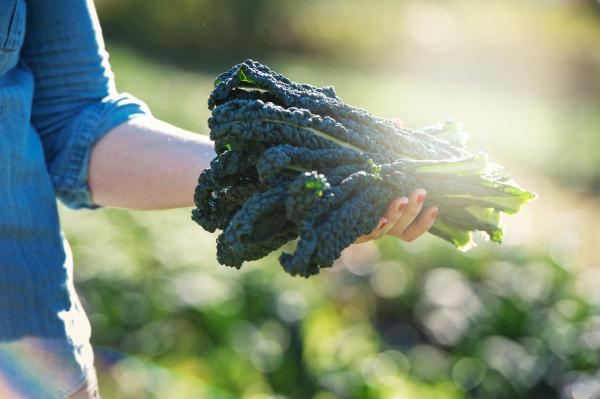
As UBC Reads Sustainability prepares to welcome renowned food justice expert Raj Patel on Thursday February 11th, Dr. Hannah Wittman, Academic Director, Centre for Sustainable Food Systems & Associate Professor, Institute for Resources, Environment and Sustainability, discusses what to expect from one of the clearest voices for food justice.
Who is Raj Patel?
Raj Patel is a public intellectual, an activist, a scholar, a sociologist, and one of the world’s clearest voices for food justice.
What does Raj do?
As a basis for his critical take on the food system, Raj engages widely with the public around food justice and food sovereignty. He has traveled the globe to document inspirational stories of what’s working. He also has a pretty incisive analysis of what’s not working and why. He’s been involved in research related to all aspects of the food systems, from working with the World Bank to collaborating with radical social movements like La Vía Campesina.
What is Food Sovereignty?
Food Sovereignty means the right of peoples to healthy and culturally appropriate food produced through ecologically sound and sustainable methods, and their right to define their own food and agriculture systems.

What unique angle does Patel bring to this field?
Raj brings a unique grassroots voice to academic discussion of food sovereignty. He brings the concept to life through his engagement and story telling which he does in written form, through his books and academic articles, but also in his blogs and video projects. He brings people from all walks of life into the food sovereignty discussion.
Why is this work important?
Our food system is current quite inequitable, it’s environmentally unsustainable and lacks a coherent collective vision for who should make decisions about our food system. Raj’s work really helps us think about how to tackle food system problems in a democratic manner.
Why should we worry about food accessibility and affordability?
Globally one in ten people are food insecure. In Canada that number increases to 13% across the country and up to 50 % in some indigenous communities in the global north. Given our ongoing challenges with food security, as well as issues of environmental sustainability and waste, food becomes everyone’s problem.
Should we be buying organic?
Buying organic is a great way to reduce agriculture’s impact on the environment.

What can we expect from Patel at UBC Reads Sustainability?
I think the audience will walk away with many new ideas about how to achieve food justice.
What audience will benefit from attending this event?
Raj Patel is an exciting and enthusiastic speaker who can connect with all audiences: students, community, young, old, farmer and consumer. He is also funny and engaging. He’s passionate – I think it’s going to be a great experience.
Event Information
February 11th 2016
12PM-2PM
AMS Student Nest Great Hall
Live streaming will be available.
About Hannah Wittman

Dr. Hannah Wittman's research projects examine the ways that the rights to produce and consume food are contested and transformed through struggles for agrarian reform, food sovereignty, and agrarian citizenship. Areas of empirical focus include: agrarian reform settlements, citizenship and food sovereignty in rural Brazil in collaboration with the Landless Rural Workers Movement (MST); socio-ecological resilience and community-based resource management in Guatemala; and local food system transformation, farmland protection initiatives, farmers’ markets and community-based farming in British Columbia, Canada.